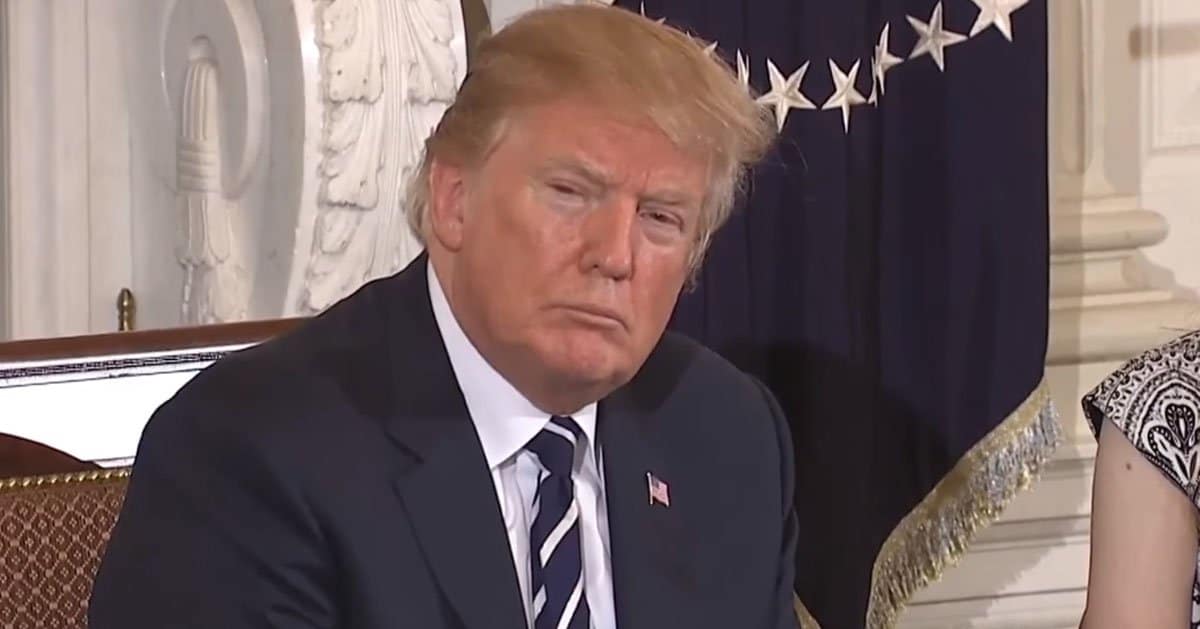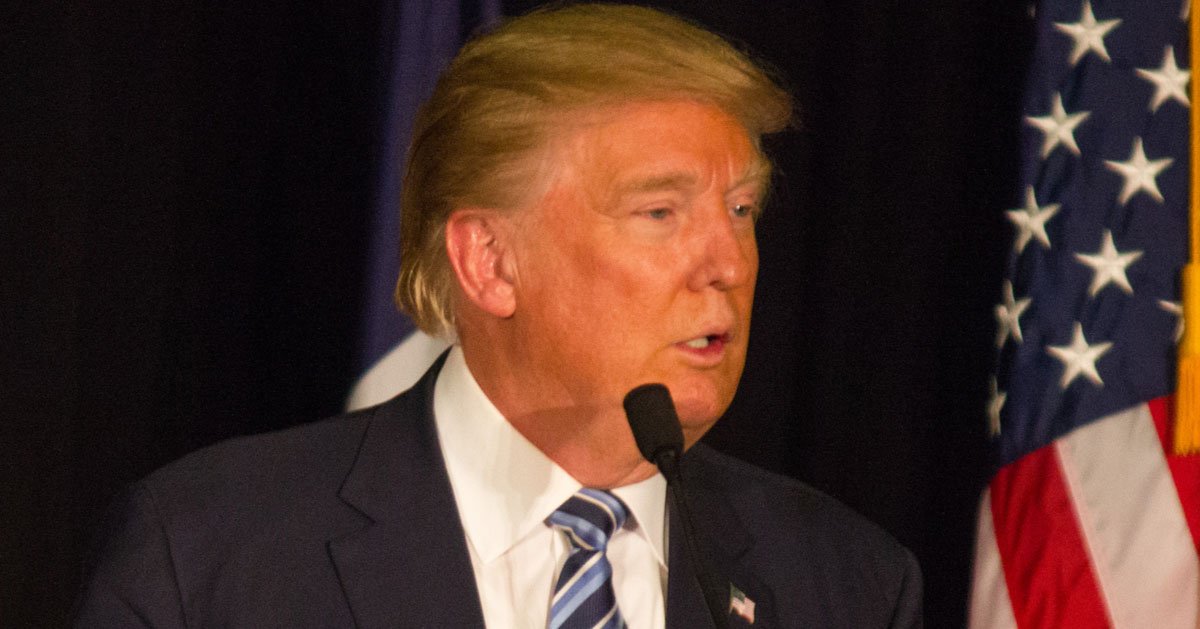








In a significant gesture of civility following a closely contested election, President Joe Biden reached out to former President Donald Trump to officially congratulate him on winning the presidency. Emphasizing the importance of unity during this transition period, Biden extended an invitation to Trump to visit the White House.
ABC News reported that President Biden expressed his commitment to ensuring a smooth transition while advocating for national harmony as he extended an olive branch to his successor.
On Wednesday, the official phone call took place between the outgoing and incoming leaders. This conversation was a crucial first step towards laying the groundwork for a peaceful power transfer.
President Biden personally congratulated Trump on his electoral victory and highlighted the critical need for cooperation.
The Trump campaign, through spokesperson Steven Cheung, confirmed that the meeting between the two leaders is on the agenda. Cheung stated that Trump is looking forward to the meeting, indicating that it would occur shortly and expressing Trump’s appreciation for Biden's call.
In addition to his outreach to Trump, Biden also made contact with Vice President Kamala Harris.
Biden lauded Harris for her exemplary conduct during the campaign, acknowledging her determination and the integrity she displayed throughout the election process.
Kamala Harris addressed the nation on Wednesday afternoon with a speech conceding the election. She assured the public of her intention to work diligently towards ensuring a smooth and peaceful transfer of power. Biden praised Harris for her unwavering commitment to public service and her advocacy for justice and freedom.
"Her story represents the best of America's story," Biden expressed, reflecting on her dedication to a nation full of opportunities for all citizens. He further emphasized his confidence in her continued role as a leader and champion for future generations.
During his statement, Biden did not shy away from expressing his admiration for Harris's accomplishments.
He noted that under extraordinary circumstances, she led a historic campaign that embodied moral clarity and a vision for a fairer America.
Acknowledging Harris's setback, Biden framed it as not only a part of her personal journey but a moment that would contribute to the broader narrative of American democracy and leadership. He reiterated that her leadership would leave a lasting imprint on the country's future.
In the wake of Harris's decision, it became evident that Trump's wins in pivotal states such as Pennsylvania, Georgia, Wisconsin, and Michigan were decisive factors in the outcome of the election. This string of victories propelled Trump's campaign and have now led to this moment of transition.
As preparations for the administrative changeover commence, the scheduled meeting at the White House between Biden and Trump symbolizes a step towards collaboration. Both parties appear committed to setting aside previous contentiousness in favor of a cooperative future.
While political transitions are often marked by challenges, Biden's actions show a purposeful intent to prioritize national interest and security over partisan divisions. His approach reflects a desire to extend grace and political goodwill in a landscape often divided by fierce competition.
Biden's invitation to Trump to visit the White House punctuates this inclusive stance. It is anticipated that this interaction will serve to reaffirm the core democratic value of a seamless transition of power regardless of political differences.
The phone exchange between Biden and Trump is more than a gesture; it underscores the responsibilities and protocols inherent within the office of the President. Both leaders' participation in this process is critical to upholding the tradition of a respectful transition.
Harris's promise, alongside Biden, to safeguard a peaceful transition speaks volumes of the administration's commitment to stability and order. As both leaders look to the incoming period, their actions will set a precedent for civil engagement at the highest political echelons.
The coming weeks will be telling as further developments unfold. The commitment shown by the current administration to facilitate this handover could serve as an example within the political climate, potentially encouraging bipartisan efforts for governance continuity.



